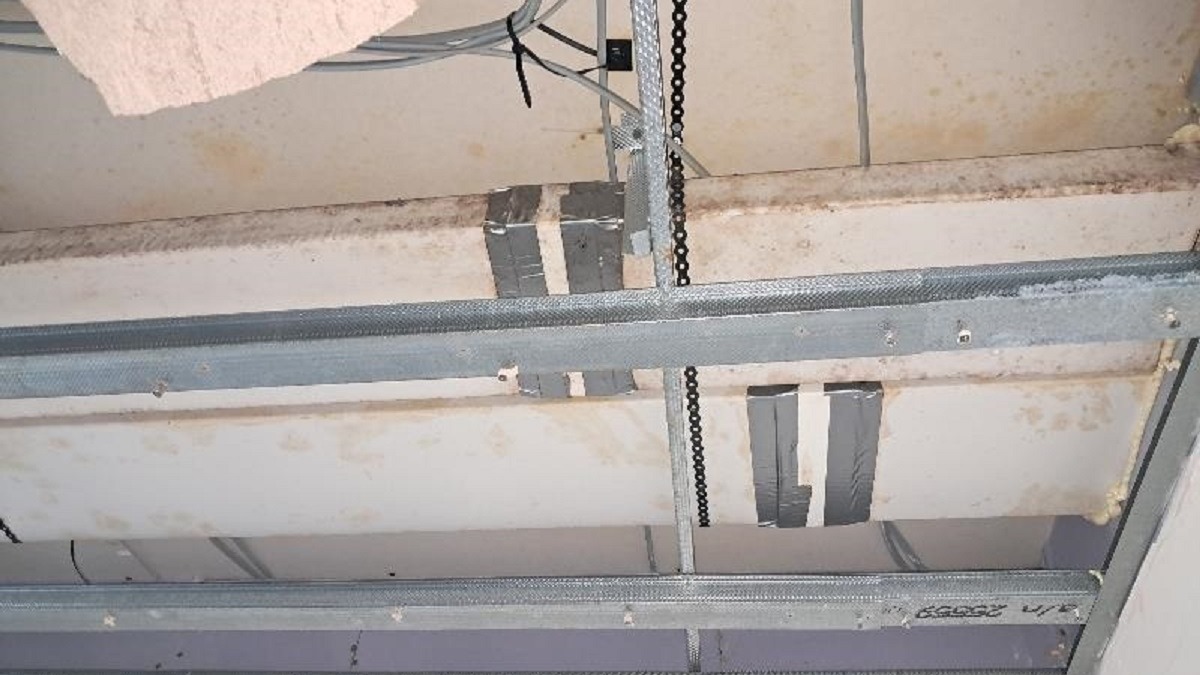
The Building Engineering Services Association (BESA) and the Thermal Insulation Contractors Association (TICA) have warned about the risks posed by operatives often working for multi-trade firms carrying out specialist work outside their competence.
The joint warning comes ahead of the initial phase of Awaab’s Law coming into effect this October, which sets strict deadlines for landlords to investigate and fix damp and mould.
The legislation is named after two-year-old Awaab Ishak, who died following prolonged exposure to mould in his Rochdale home.
BESA and TICA cite one recent project where an unqualified multi-trade contractor installed ductwork with serious safety flaws, creating health risks and fire hazards. It was also poorly insulated, which caused condensation and mould growth.
Both trade bodies fear that, rather than being an isolated example, it may be “the tip of the iceberg”.
“We are still seeing specifications being value engineered to the max and many construction trades being squeezed on price,” said Nathan Wood, BESA’s London and South East regional chair. “The result is that non-competent multi-trade outfits are undercutting professional ventilation installers and thermal insulation contractors.
“Condensation can quickly allow mould to germinate, within 24 to 48 hours. This mould growth then produces spores which spread to other damp areas, multiplying the issues.”
BESA and TICA said the impact of Awaab’s Law will depend upon the competence of those carrying out the work.
Wood added: “This is a colossal change in legislation. Preparation starts with organisations verifying both the competence of their skilled trade workers and the organisational capabilities of the specialist subcontractors they employ.”
Call for PIR board ban
TICA also warned about the incorrect use of flammable rigid insulation board on the recent project.
“The board in question is a polyisocyanurate (PIR) board that is not certified for use with ductwork. In fact, the Euroclass reaction to fire for this product will be either Euroclass E or Euroclass F,” said Chris Ridge, TICA’s technical director.
Euroclass E indicates a high contribution to fire, while Euroclass F means a material with little or no resistance to fire. TICA said it has called for PIR boards to be banned from internal duct applications, first in 2022 and again in 2024.
Ridge added: “It is frustrating to see such flammable products still being used on internally located ductwork. A competent thermal insulation specialist would know better, but a non-competent multi-trade contractor may not.
“If the client had verified the organisational capabilities of the contractor rather than reward on price and convenience, this would not have happened. In this case, the appointment of a non-competent multi-trade organisation has led to multiple dangers.”
BESA and TICA said clients must verify competence and organisational capability before appointing contractors for safety-critical building services work.











